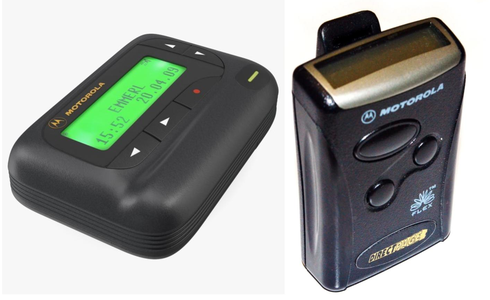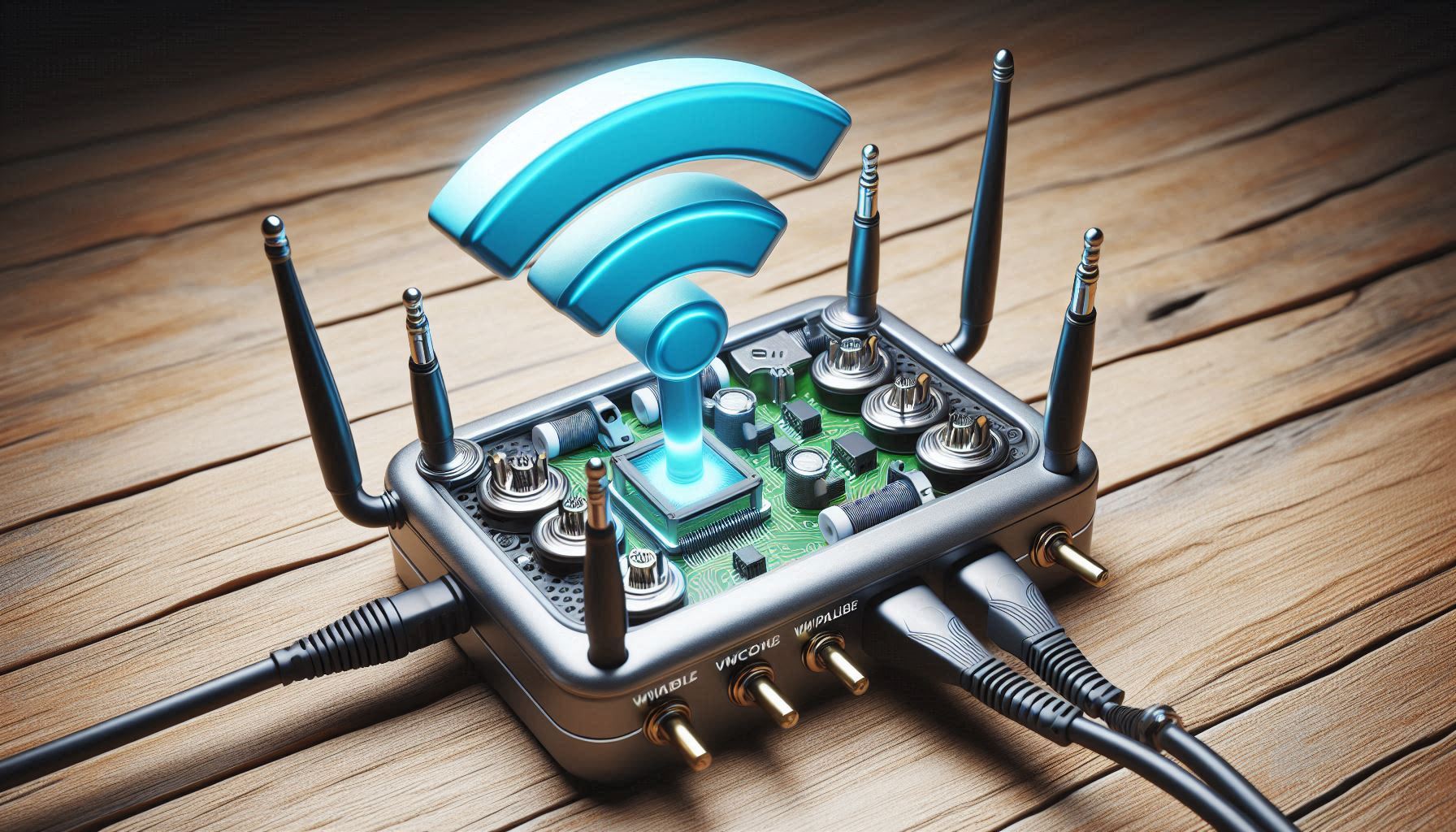A pager is a small, portable wireless device used solely for receiving and sending short messages or alerts. Pagers were widely used before the advent of mobile phones but have seen a significant decline in popularity except in areas with limited mobile network coverage or in medical centers, due to their simplicity, long battery life, and ability to operate in areas with poor cellular coverage.
How do pagers work?
The sender requests the pager number of the recipient and leaves a message. This message is sent to a nearby central station that handles the service. The station then forwards the message to all transmitting devices that broadcast the message over a specific wireless frequency associated with the requested number. All devices receive the message, but only the pager tuned to that frequency captures the signal, which is usually encrypted to prevent eavesdropping. The pager alerts the user with a sound or vibration and displays the message on its screen.
Some types of pagers are unidirectional, meaning they can only receive messages, while most are bidirectional, allowing them to both send and receive messages.
Are pagers more secure than mobile phones?
Due to their simplicity and inability to run external applications, pagers are less susceptible to virus attacks compared to mobile phones. Hacking a pager would require the virus to be pre-programmed by the manufacturer as a backdoor and embedded in the device to perform a specific pre-programmed function. However, like mobile networks, the signal sent to a pager can be intercepted and decrypted, and eavesdropping on messages may be easier, especially when the network operates on a large scale. This is because the message is broadcast to all pagers as the recipient's location is unknown.
Therefore, users enjoy greater privacy because the central network does not know their location, unlike mobile networks, unless they send a message. However, this causes the network to broadcast the message sent to them across the entire network, increasing the likelihood of interception.
In conclusion, pagers are generally simpler and more secure, especially if operated by a reliable network provider on a small scale. However, they remain vulnerable to network-based attacks, similar to mobile networks.









